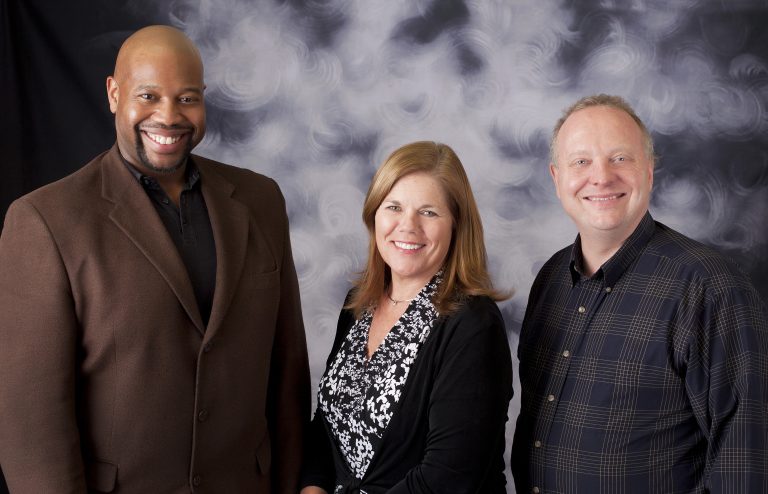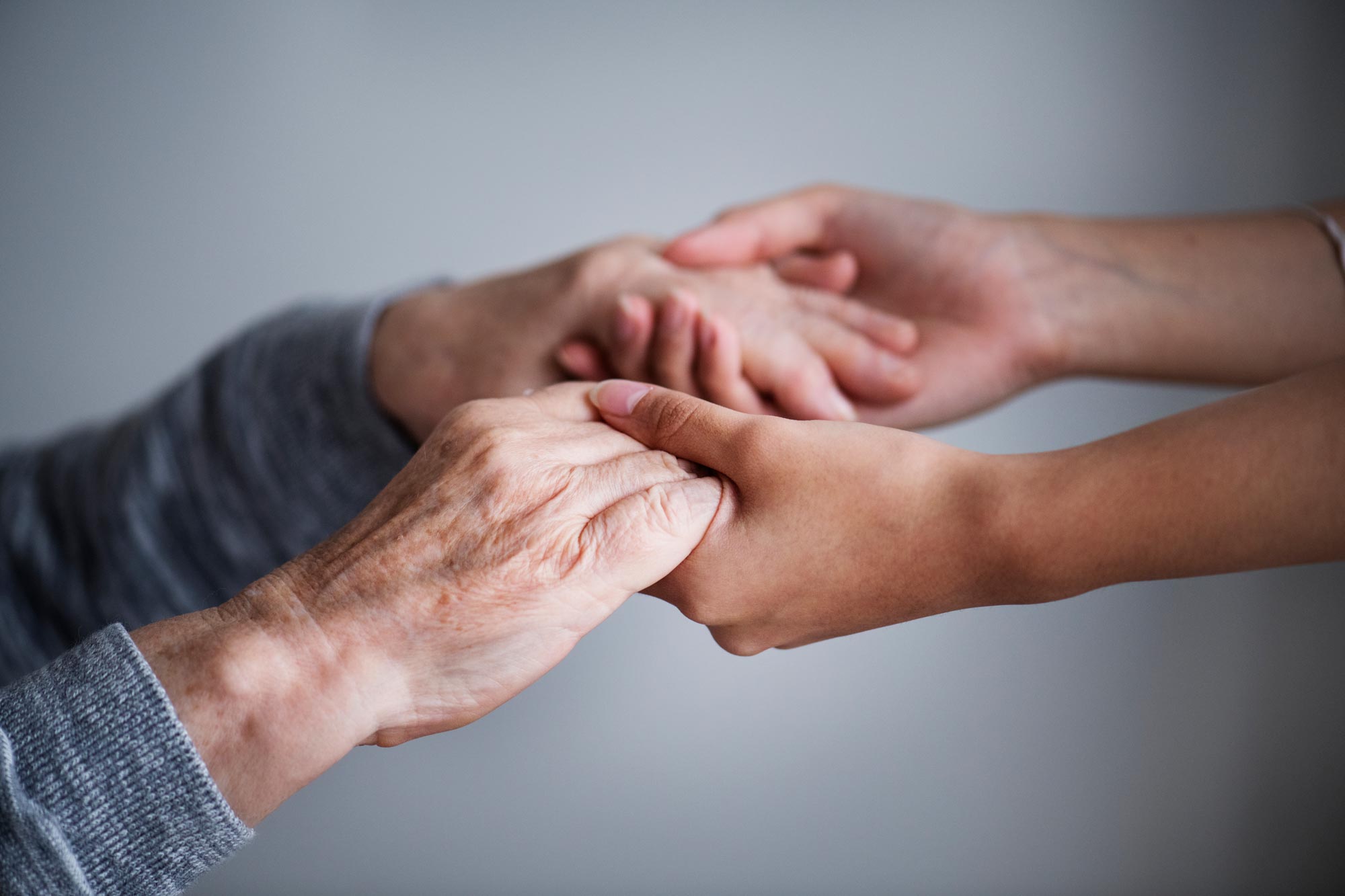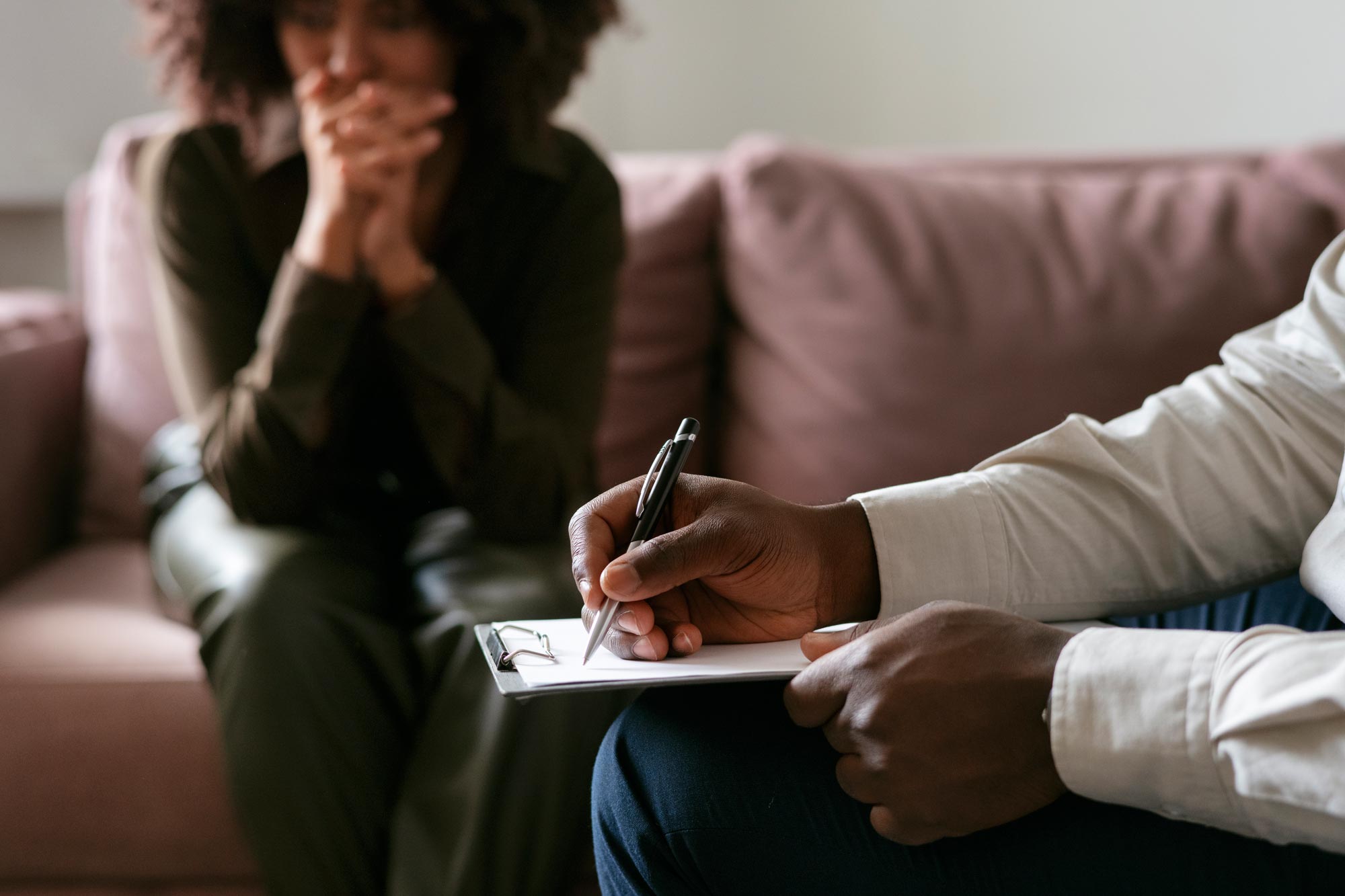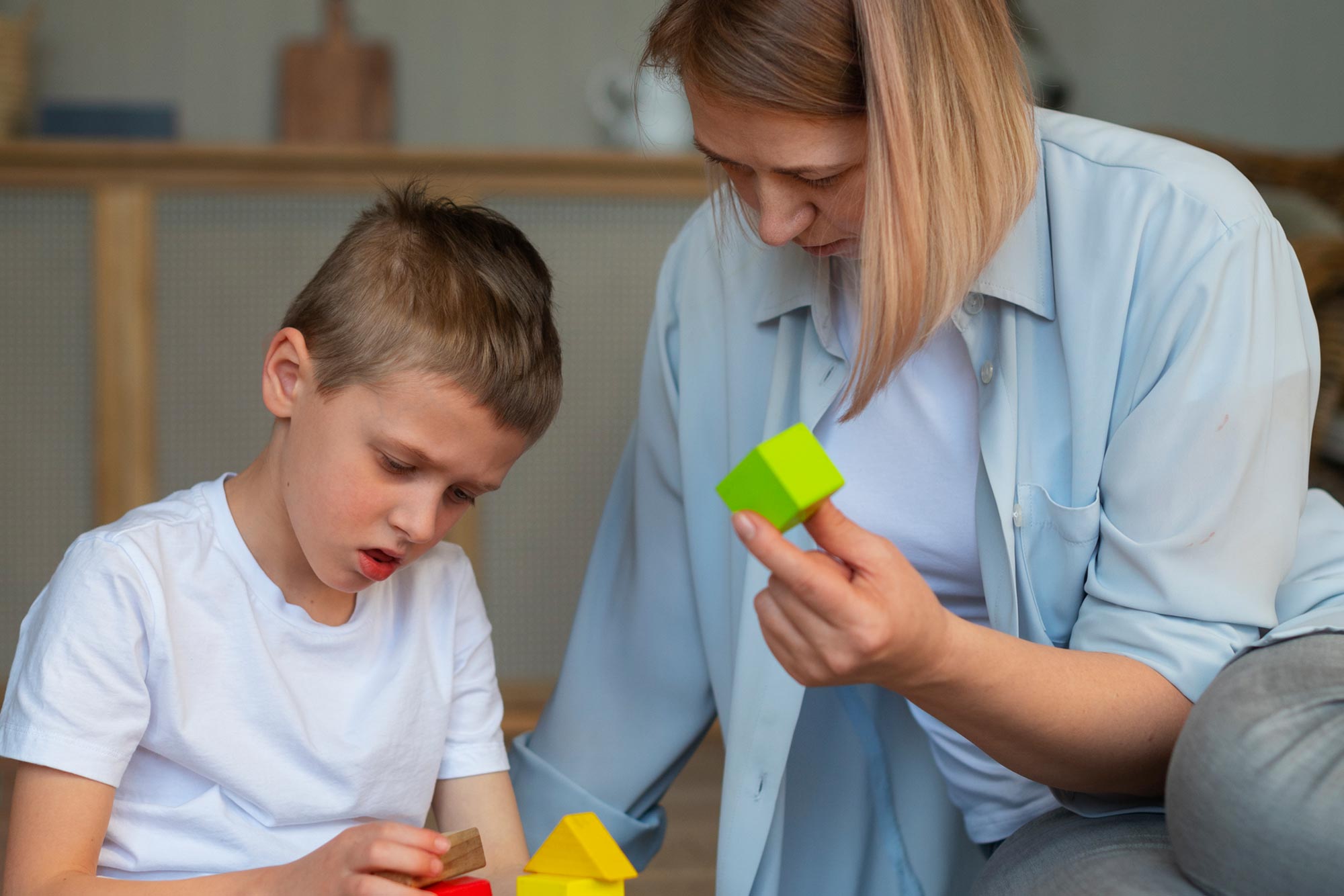Blog

By Dr. Aaron Ellington, PhD, LPCC-S, LICDC-CS
Therapy works best when you show up prepared, open, and ready to engage. While your therapist will guide the process, you can make the most of each session by using Cognitive Behavioral Therapy (CBT) skills ahead of time. CBT focuses on the connection between thoughts, feelings, and behaviors—and by reflecting on these before therapy, you’ll arrive with clarity and direction.
Why Preparation Matters
Walking into therapy with some preparation helps you:
- Use session time more effectively
- Stay focused on what matters most
- Practice self-reflection and self-awareness
- Track progress from week to week
- Feel more in control of your healing process
CBT Skills to Use Before Therapy
Here are some practical CBT-based strategies you can try as part of your pre-session routine:
1. Keep a Thought Record
Bring in a record of situations that triggered strong emotions. Include the event, your automatic thoughts, the emotions you felt, and any alternative balanced thoughts you generated. This gives your therapist a clear window into your daily experiences.
2. Identify Cognitive Distortions
Notice if your thoughts fall into common unhelpful patterns, such as all-or-nothing thinking, catastrophizing, or mind-reading. Writing these down can help you and your therapist work on challenging them together.
3. Track Mood and Behavior Patterns
Use a journal or mood-tracking app to note changes in your mood, sleep, or behavior throughout the week. This helps highlight patterns and triggers that you might not notice in the moment.
4. Set an Agenda
Think about one or two issues you want to focus on during your session. Maybe it’s a recent argument, a stressful event, or a recurring negative thought. Having a mini agenda keeps the session structured and ensures your priorities are addressed.
5. Practice Mindfulness Beforehand
Take a few minutes before therapy to ground yourself with mindful breathing or body awareness. This helps you enter the session calmer and more present, making it easier to reflect and share.
6. Note Wins and Challenges
Write down one success and one challenge from the past week. Even small wins—like using a coping skill instead of shutting down—are worth celebrating. Challenges provide opportunities for growth and problem-solving in session.
Putting It All Together
Preparing for therapy with CBT skills helps you take an active role in your own progress. By bringing thought records, identifying distortions, tracking patterns, and setting an agenda, you give your therapist the tools to better support you. Over time, this preparation strengthens your ability to apply CBT skills independently and see meaningful change.
In Summary: Therapy is a collaborative process. By preparing with CBT skills, you show up focused, organized, and ready to make the most of each session—paving the way for deeper insight and lasting progress. At Behavioral Health Services of Greater Cleveland, we specialize in evidence-based therapies like CBT that are tailored to your unique needs. Contact us today to schedule a consultation and explore the best options for your mental health journey. Behavioral Health Services of Greater Cleveland has two locations for in-person sessions (Rocky River and Medina), and Telehealth is available. Please call (866) 466-9591 ext. 0 for an intake.
Founded in 2008, BHSOGC has delivered professional Psychology Services to the greater Cleveland area with offices in Medina and Rocky River. We are a multi-disciplinary group practice with a clinical staff of psychologists, licensed social workers and masters level therapists.




